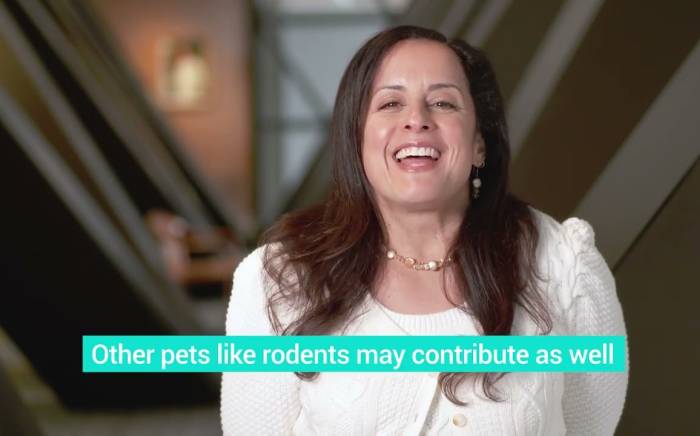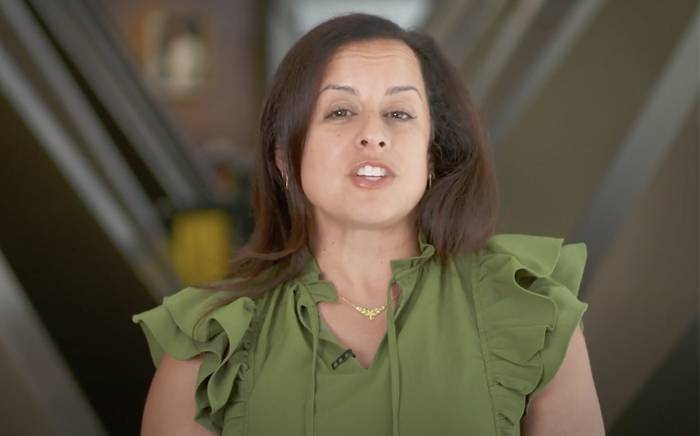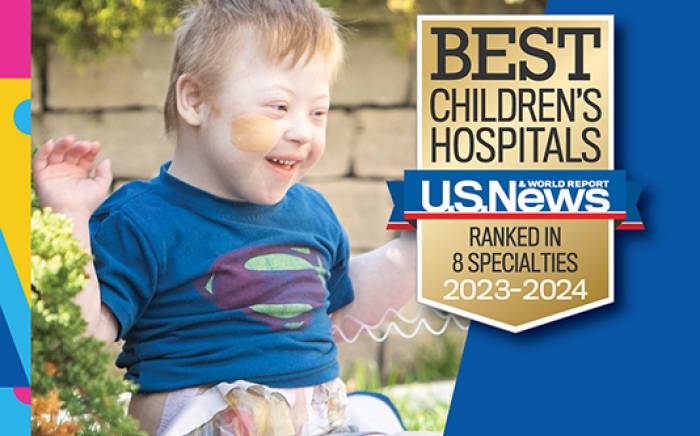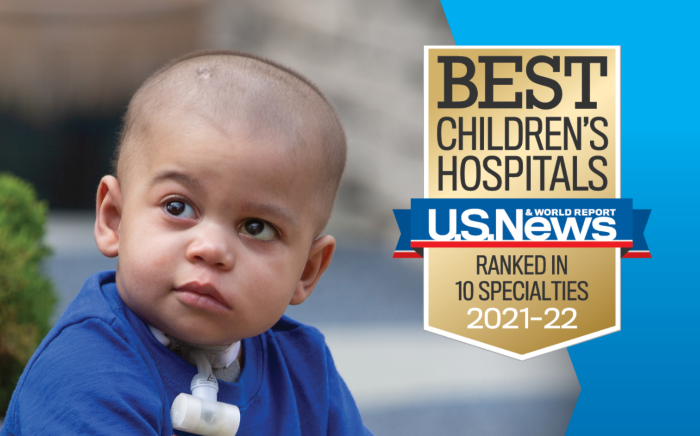Help manage your child’s sniffling and sneezing this fall.
Uncontrolled allergies can affect your child’s daily life, activities and sleep habits. They also cannot be treated with a one-size-fits-all approach. Lila Kertz, MSN, RN, CPNP, AE-C, a pediatric nurse practitioner at St. Louis Children’s Hospital, discusses the pros and cons of the most common allergy treatments:
- Over-the-counter antihistamines are typically the first line of treatment for both nasal and eye symptoms. Some children, however, require a stronger or more symptom-focused treatment option. If your child’s allergy symptoms persist despite the use of over-the-counter medication, make an appointment with your pediatrician. He or she can help develop a treatment plan and, if additional tests are necessary, refer you to an allergist.
- Allergy shots are effective at relieving symptoms in 80 to 90 percent of cases of allergic rhinitis (inflammation of the nose) and allergic conjunctivitis (eye allergies). They are not advised as a first line of treatment though. Allergy shots can require years of commitment and cause potentially adverse reactions in some patients.
- Eye drops are ideal for children who exclusively suffer from symptoms of allergic conjunctivitis. Drops work quickly to relieve symptoms of eye itch, drainage, redness and swelling.
- Nasal corticosteroids are prescription nasal sprays that directly combat nasal symptoms, such as sneezing, runny noses, itchy nose, congestion and postnasal drip. If nasal corticosteroids are not effective, your child’s provider may also recommend the use of a nasal antihistamine spray.
Need a pediatric allergist? Call St. Louis Children’s Hospital at 314.454.KIDS (5437) or toll-free at 800.678.KIDS.







